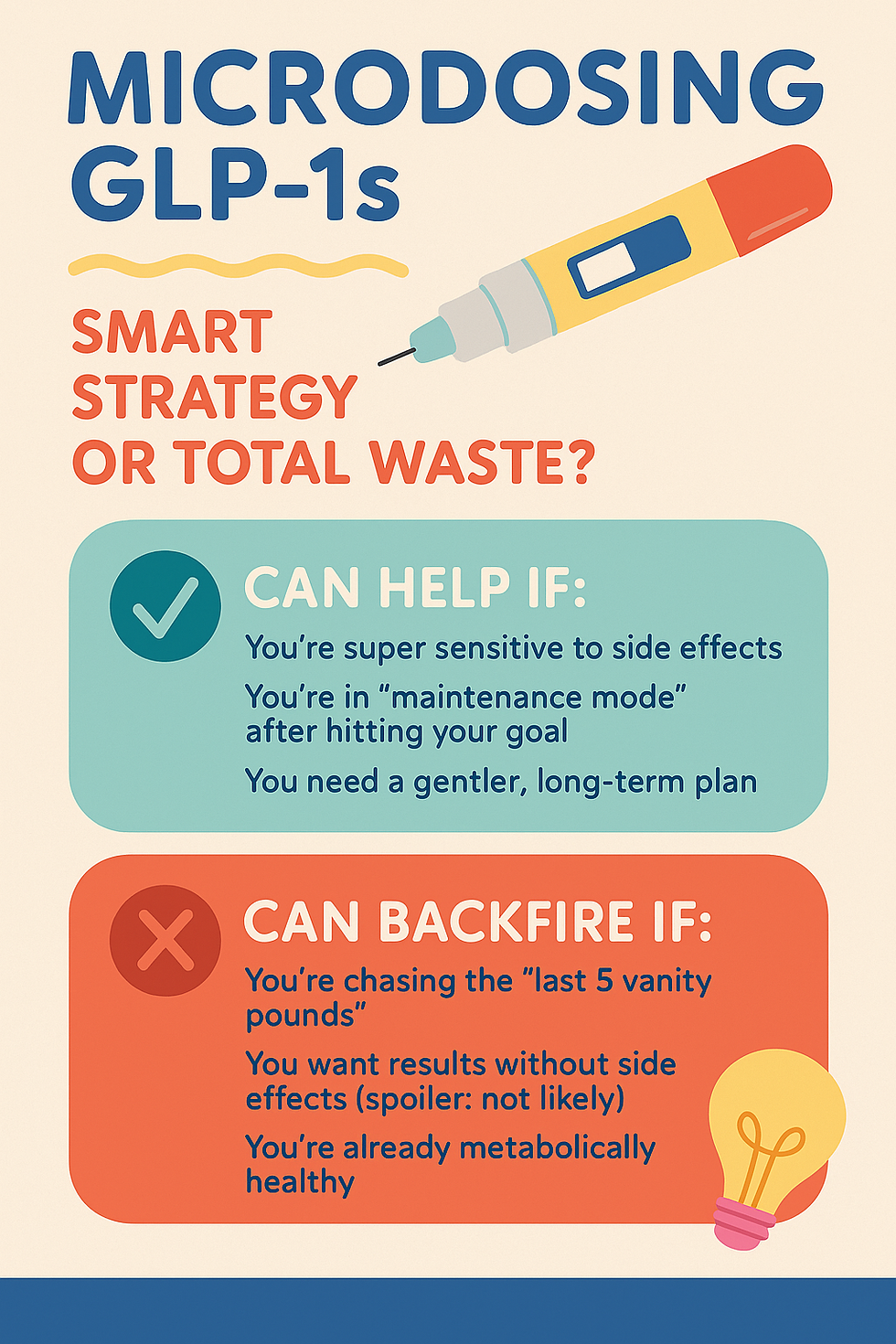When the Mirror Lies: The Hidden Struggles of Weight Loss with Body Dysmorphia
- Julie Brownley, MD, PhD

- Jul 13, 2025
- 2 min read

For most people, weight loss is about numbers—calories in, calories out. But when you're living with Body Dysmorphic Disorder (BDD), it’s not just about the number on the scale—it’s about a deeply distorted view of your own body that doesn’t always improve with weight loss, and may even worsen.
What is Body Dysmorphia?
Body dysmorphia is a mental health condition where someone becomes excessively preoccupied with perceived flaws in their appearance—flaws that are often invisible or exaggerated in their own eyes. It’s not just about wanting to “look better” or be “healthier.” It’s a painful, obsessive loop that can hijack your thoughts and erode your self-esteem.
So what happens when someone with BDD tries to lose weight?
1. The Goalposts Keep Moving
Even when the scale changes or your body does, your perception often doesn't. What someone else sees as progress, you may still see as “not good enough.” This can lead to relentless striving, extreme dieting, over-exercising, or chasing cosmetic procedures—all in an attempt to quiet that inner critic that never shuts up.
2. Disordered Behaviors Masquerade as “Wellness”
In a culture obsessed with “clean eating,” “discipline,” and transformation stories, it’s dangerously easy for disordered behaviors to be praised. People with BDD often fall into restrictive eating patterns, compulsive checking, or excessive weigh-ins, thinking they’re being “healthy”—when in reality, these behaviors are feeding the disorder.
3. Mental Health Often Gets Left Behind
Traditional weight loss programs rarely account for body image distress or mental health. When someone with BDD seeks weight loss, the underlying distortion and anxiety remain untreated. Weight loss might give a temporary high, but often leads to deeper dissatisfaction or obsessive focus on other body parts.
4. It’s Not About Vanity—It’s About Suffering
BDD isn’t a surface-level issue. It’s not “being insecure” or “wanting to look better.” It’s an all-consuming distress that impacts relationships, work, and self-worth. The pain is real—and so is the risk for depression, social isolation, and even suicidal thoughts.
So what’s the way forward?
Body image work must come first. Sustainable body wellness—whether that means losing, maintaining, or gaining weight—starts with a more grounded, compassionate relationship to your body. That often means working with a therapist or psychiatrist trained in BDD, not a calorie-tracking app.
Treat the whole person. At Balance360, we know that addressing metabolic health doesn’t mean ignoring mental health. Our integrative model includes therapy, psychiatric support, and medical interventions that honor the complex relationship between how you feel in your body and what your body needs.
Redefine success. It’s not about finally loving your reflection. It’s about living your life even when the reflection lies—about building peace, flexibility, and self-respect, no matter your weight.
If you're struggling with body image and feel stuck in a cycle of shame or obsessive thoughts, you're not alone. You deserve support that sees the full picture—mind, body, and everything in between.
Let’s stop chasing a number. Let’s start building freedom.




Comments